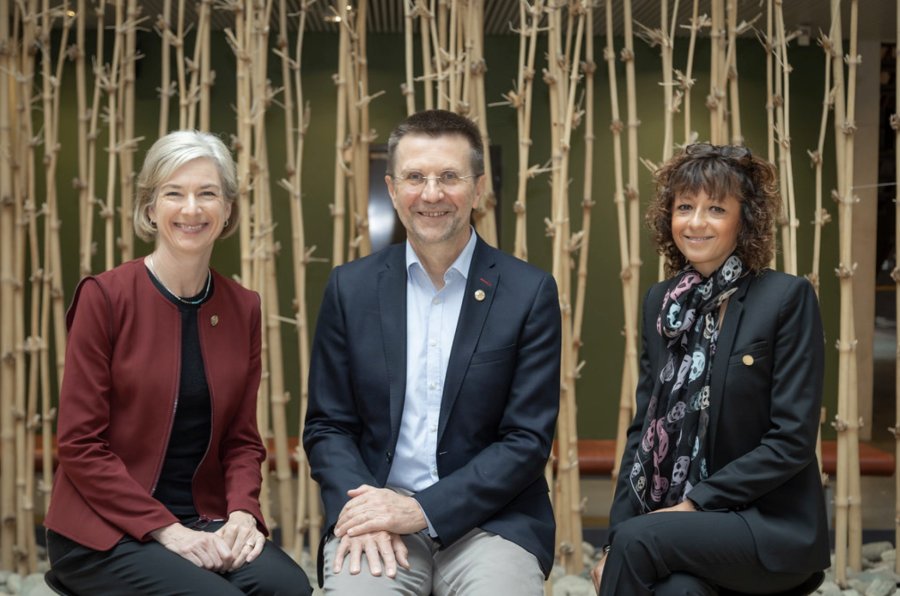Emmanuelle Charpentier and Jennifer Doudna won the Nobel Prize in Chemistry on Oct. 7. They had been working on their project for nearly nine years, and their hard work has paid off. The two decided to collaborate in 2011, and in 2012 they discovered the CRISPR/Cas9 genetic scissors. This was seen as a pivotal moment in their careers, and they received much recognition from it.
The Royal Swedish Academy of Sciences decided to award Charpentier’s and Doudna’s success for “the development of a method for genome editing.” Charpentier was surprised to receive a phone call from the academy although she knew that one day she would win.
“In general, Nobel Prizes are awarded 20, 30 years after the discovery,” Charpentier said. She was in shock and emotional that her recognition came so soon.
To get some insight into how the science community feels, two professors at the University of Arizona noted that since the Nobel Prize winner’s work has been deemed as groundbreaking for many years, the science community was hopeful to see these collaborators one day receiving the Nobel Prize in chemistry.
Jacob Schwartz, an assistant professor for chemistry and biochemistry, said that he was especially excited to hear the news.
“Jennifer [Doudna] and I had the same mentor for our postdoctoral work so it’s especially exciting for me and I know how excited Tom Cech is over this year’s Nobel prize,” he said.
Craig Aspinwall, a chemistry professor who works in the division of analytical research for chemistry, brought a fresh perspective on how research in the chemistry field is conducted.
“We focus heavily on teaching the scientific method and the importance of learning from one’s failures,” Aspinwall said. He tries to educate individuals on the notion that it “often takes a series of small, hard earned, steps forward to position us to make those big discoveries.”
RELATED: Antiviral drug remdesivir becomes first approved treatment for COVID-19
Aspinwall noted that historically, “The Nobel committees frequently share the prize three ways and they have tended to overlook the contributions of female scientists. It is further surprising because those same shortlists that highlighted the likelihood that the Nobel would be awarded for this discovery, also suggested a few different third winners, almost all of whom were male.”
As for Schwartz’s reaction to hearing that this is the first time a solely female group has won, he was not in the slightest bit surprised. He is aware that these two individuals are bright and have provided a new outlook in the biochemistry field. With that being noted, he believes that it is refreshing to see “these old walls torn down.”
An important aspect to explore is whether or not a Nobel Prize should be awarded upon a singular discovery or based on a track record of several discoveries. Both professors had various perspectives on the topic.
Schwartz said that the two were inseparable and that success is not earned overnight. A series of failures and hard work over a long period of time is what typically gains the recognition of The Royal Swedish Academy of Sciences and those in the science communities.
From Aspinwall’s perspective, the awards go to both types of work. An example of this would be when the polymerase chain reaction was invented. Aspinwall stated that “technology has lead to the ability to sequence entire genomes and proven to be a cornerstone for biology and biochemistry. It was discovered in 1985 and won the Nobel in 1993.”
Follow Briana Aguilar on Twitter















